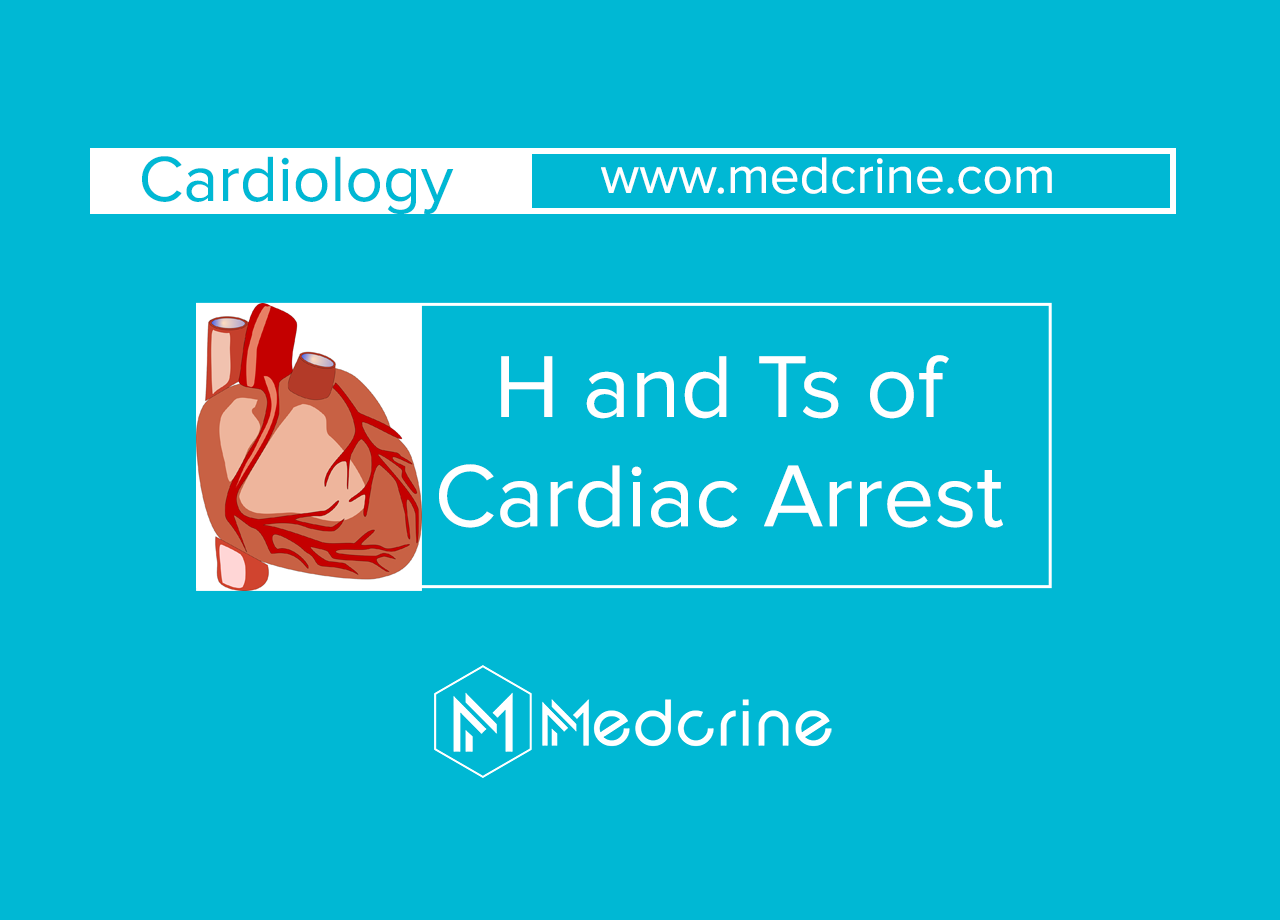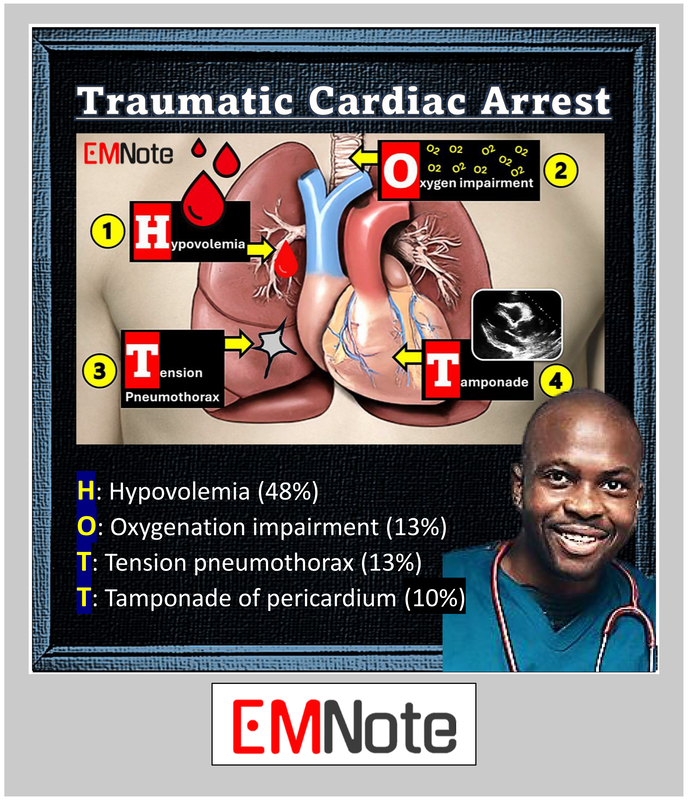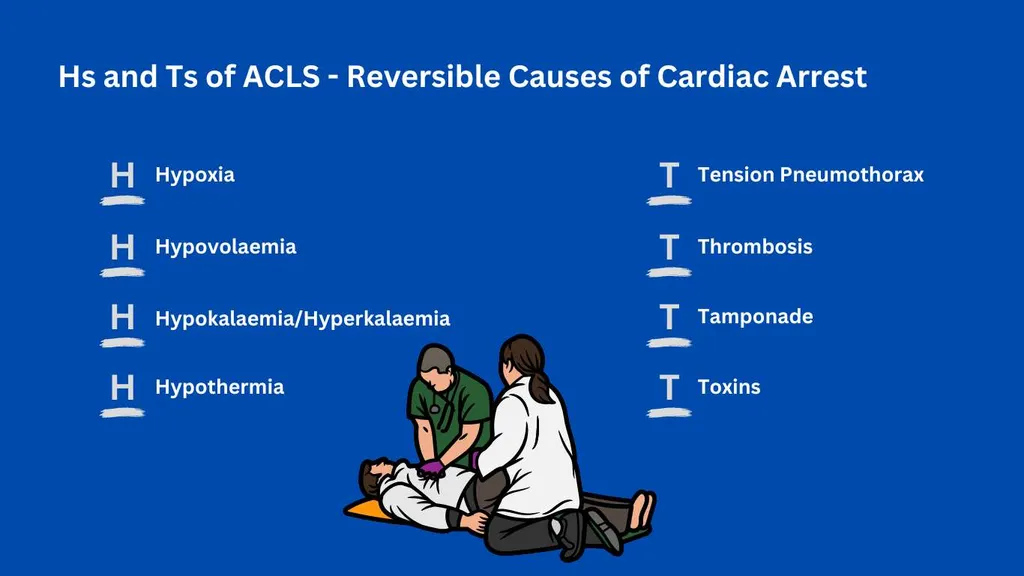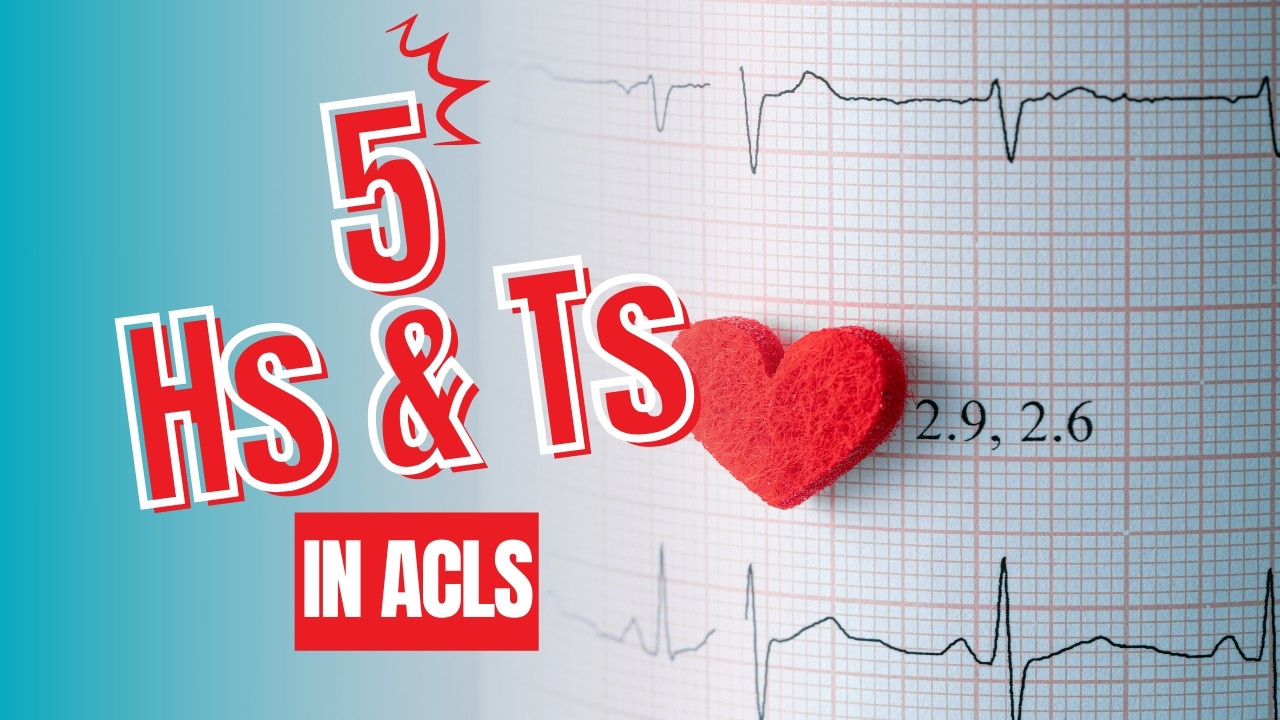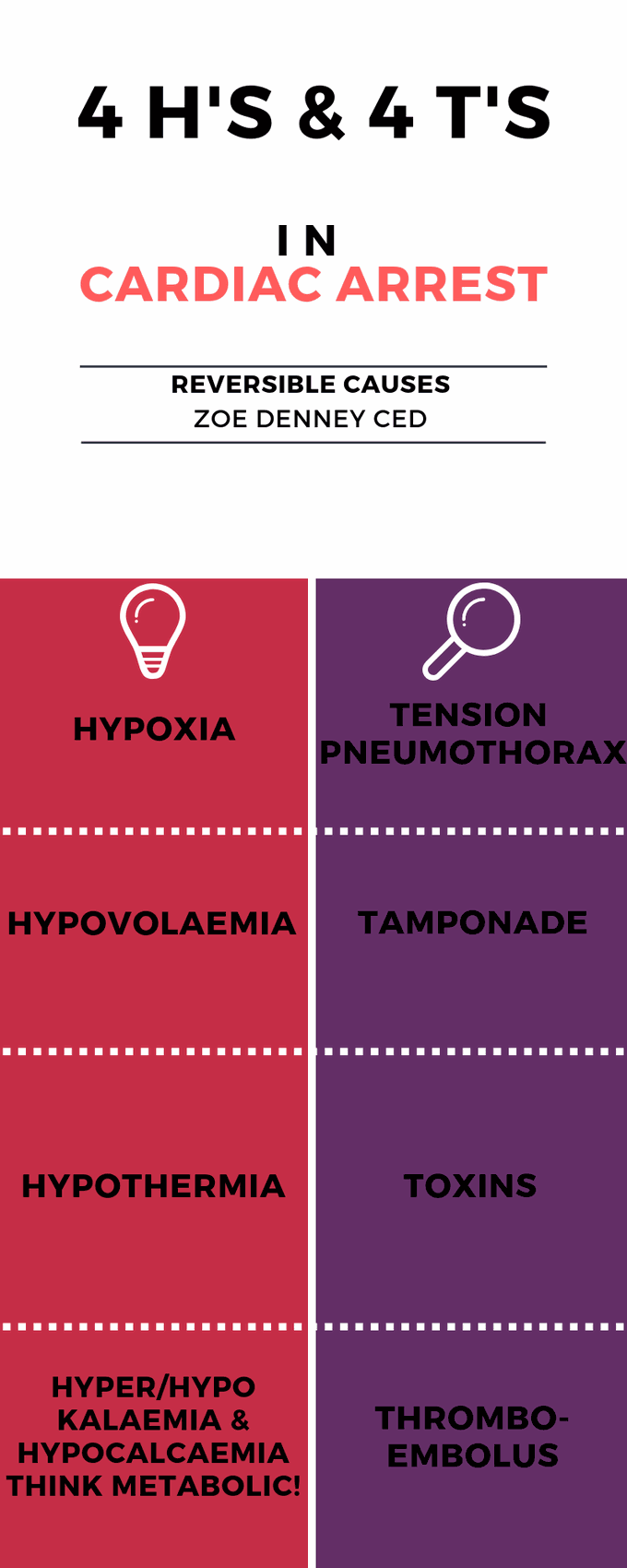H And T Cardiac Arrest - During any cardiac arrest, part of the resuscitation effort must focus on identifying and treating potentially reversible causes — the conditions. Understand hs and ts acls algorithm for effective emergency response. Learn the key steps in managing cardiac arrest. The h's and t's is a mnemonic device which will help you to recall the factors that contribute to pulseless arrest, include pulseless electrical. Learn the major contributing factors to pulseless arrest including pea, asystole, ventricular fibrillation, and ventricular tachycardia.
During any cardiac arrest, part of the resuscitation effort must focus on identifying and treating potentially reversible causes — the conditions. The h's and t's is a mnemonic device which will help you to recall the factors that contribute to pulseless arrest, include pulseless electrical. Understand hs and ts acls algorithm for effective emergency response. Learn the major contributing factors to pulseless arrest including pea, asystole, ventricular fibrillation, and ventricular tachycardia. Learn the key steps in managing cardiac arrest.
Learn the key steps in managing cardiac arrest. During any cardiac arrest, part of the resuscitation effort must focus on identifying and treating potentially reversible causes — the conditions. Learn the major contributing factors to pulseless arrest including pea, asystole, ventricular fibrillation, and ventricular tachycardia. The h's and t's is a mnemonic device which will help you to recall the factors that contribute to pulseless arrest, include pulseless electrical. Understand hs and ts acls algorithm for effective emergency response.
Many cardiac arrest conditions are reversible, determining and treating
Learn the key steps in managing cardiac arrest. Understand hs and ts acls algorithm for effective emergency response. During any cardiac arrest, part of the resuscitation effort must focus on identifying and treating potentially reversible causes — the conditions. Learn the major contributing factors to pulseless arrest including pea, asystole, ventricular fibrillation, and ventricular tachycardia. The h's and t's is.
H's and T's of Cardiac Arrest Medcrine
Learn the major contributing factors to pulseless arrest including pea, asystole, ventricular fibrillation, and ventricular tachycardia. Understand hs and ts acls algorithm for effective emergency response. During any cardiac arrest, part of the resuscitation effort must focus on identifying and treating potentially reversible causes — the conditions. The h's and t's is a mnemonic device which will help you to.
EMNote
Understand hs and ts acls algorithm for effective emergency response. Learn the key steps in managing cardiac arrest. During any cardiac arrest, part of the resuscitation effort must focus on identifying and treating potentially reversible causes — the conditions. Learn the major contributing factors to pulseless arrest including pea, asystole, ventricular fibrillation, and ventricular tachycardia. The h's and t's is.
Pin on The H's and T's of ACLS
During any cardiac arrest, part of the resuscitation effort must focus on identifying and treating potentially reversible causes — the conditions. Learn the key steps in managing cardiac arrest. Understand hs and ts acls algorithm for effective emergency response. Learn the major contributing factors to pulseless arrest including pea, asystole, ventricular fibrillation, and ventricular tachycardia. The h's and t's is.
H’s and T’s of ACLS Reference material H’s and T’s of ACLS H
Learn the major contributing factors to pulseless arrest including pea, asystole, ventricular fibrillation, and ventricular tachycardia. During any cardiac arrest, part of the resuscitation effort must focus on identifying and treating potentially reversible causes — the conditions. The h's and t's is a mnemonic device which will help you to recall the factors that contribute to pulseless arrest, include pulseless.
Hs and Ts 8 Reversible Causes of Cardiac Arrest Heart Start CPR
Learn the key steps in managing cardiac arrest. Understand hs and ts acls algorithm for effective emergency response. Learn the major contributing factors to pulseless arrest including pea, asystole, ventricular fibrillation, and ventricular tachycardia. The h's and t's is a mnemonic device which will help you to recall the factors that contribute to pulseless arrest, include pulseless electrical. During any.
Crucial Factors in Cardiac Emergencies Hs and Ts of Sudden Cardiac
The h's and t's is a mnemonic device which will help you to recall the factors that contribute to pulseless arrest, include pulseless electrical. Learn the key steps in managing cardiac arrest. Understand hs and ts acls algorithm for effective emergency response. Learn the major contributing factors to pulseless arrest including pea, asystole, ventricular fibrillation, and ventricular tachycardia. During any.
ACLS H's And T's Video
The h's and t's is a mnemonic device which will help you to recall the factors that contribute to pulseless arrest, include pulseless electrical. Learn the major contributing factors to pulseless arrest including pea, asystole, ventricular fibrillation, and ventricular tachycardia. Understand hs and ts acls algorithm for effective emergency response. During any cardiac arrest, part of the resuscitation effort must.
Four Hs and Ts of Cardiac arrest MEDizzy
During any cardiac arrest, part of the resuscitation effort must focus on identifying and treating potentially reversible causes — the conditions. Learn the key steps in managing cardiac arrest. Learn the major contributing factors to pulseless arrest including pea, asystole, ventricular fibrillation, and ventricular tachycardia. Understand hs and ts acls algorithm for effective emergency response. The h's and t's is.
Medical Hs And Ts at Sammie Allen blog
The h's and t's is a mnemonic device which will help you to recall the factors that contribute to pulseless arrest, include pulseless electrical. During any cardiac arrest, part of the resuscitation effort must focus on identifying and treating potentially reversible causes — the conditions. Learn the major contributing factors to pulseless arrest including pea, asystole, ventricular fibrillation, and ventricular.
During Any Cardiac Arrest, Part Of The Resuscitation Effort Must Focus On Identifying And Treating Potentially Reversible Causes — The Conditions.
Learn the major contributing factors to pulseless arrest including pea, asystole, ventricular fibrillation, and ventricular tachycardia. Understand hs and ts acls algorithm for effective emergency response. The h's and t's is a mnemonic device which will help you to recall the factors that contribute to pulseless arrest, include pulseless electrical. Learn the key steps in managing cardiac arrest.

